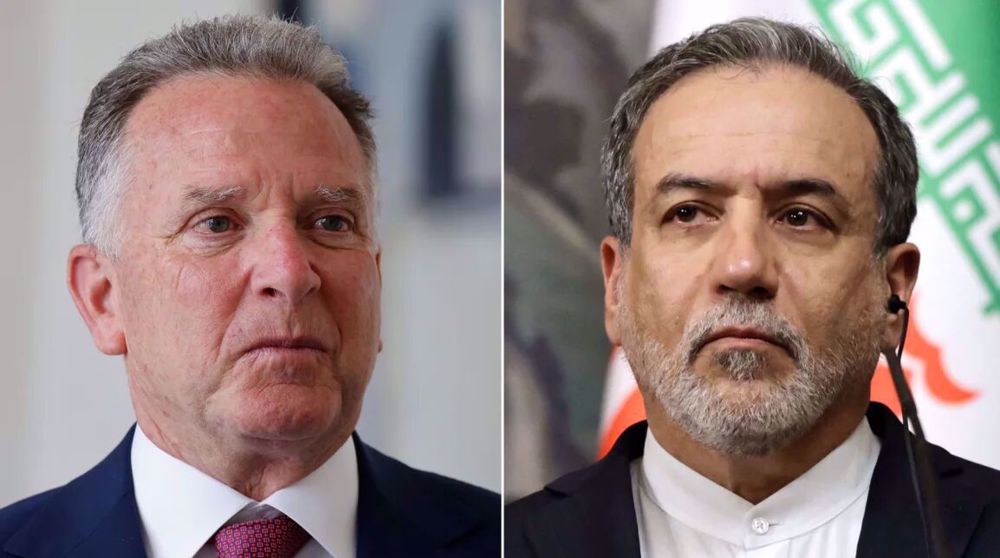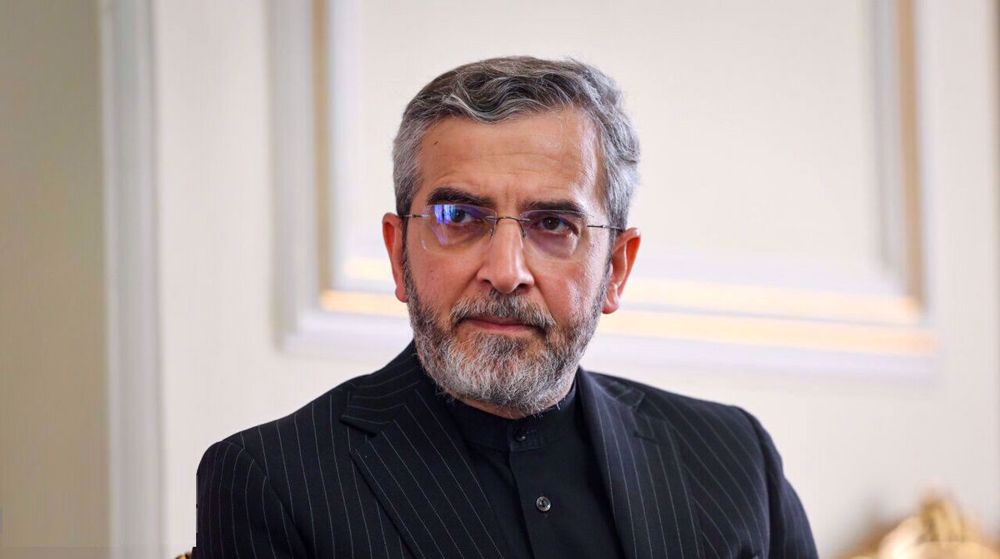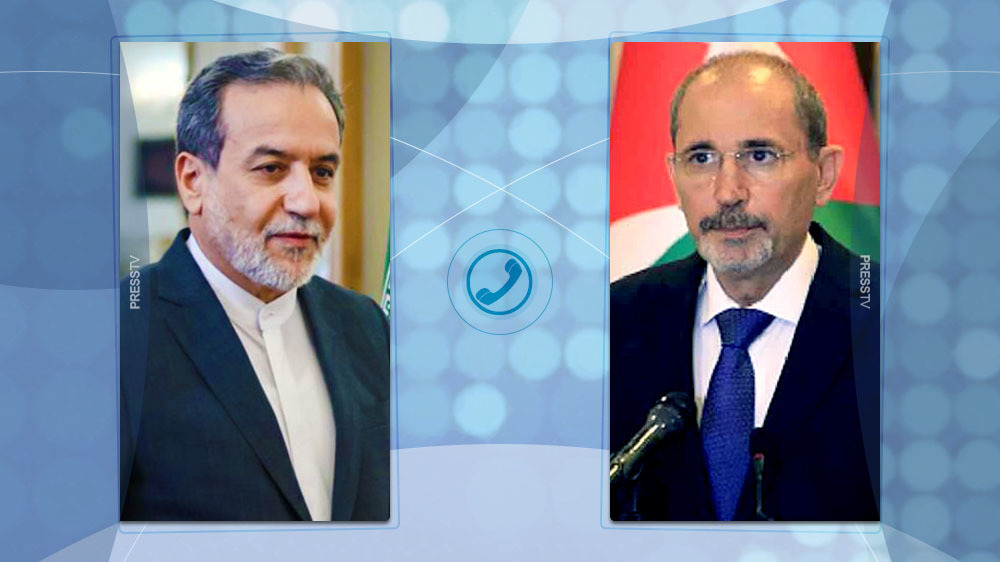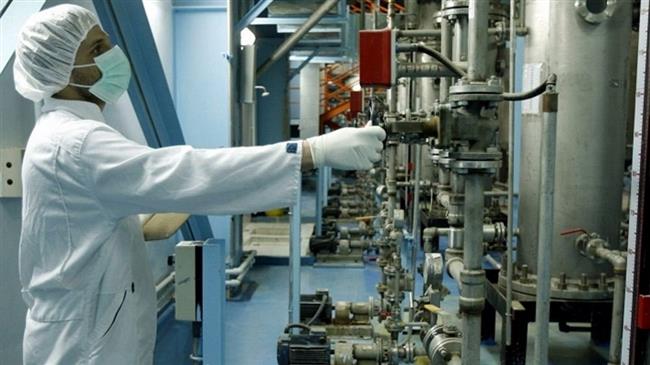Iran’s nuclear countermeasures meant to salvage JCPOA: Envoy to UK
Iran’s envoy to the UK says Tehran’s phased cuts in its commitments under a 2015 multilateral nuclear deal are only aimed at salvaging the very agreement, which was undermined in the wake of the United States’ withdrawal and the Europeans’ failure to boost trade with Iran.
Hamid Baeidinejad made the remarks in a televised interview on Sky News on Tuesday, a day after Tehran announced a fourth step in downgrading its contractual obligations under the deal, formally named the Joint Comprehensive Plan of Action (JCPOA).
“We’re doing this because we want to salvage the nuclear deal from total collapse,” he said. “Because, in fact, the other sides have not been able to live up to their obligations, and Iran is resorting to certain actions to ensure” that the deal will stand.
Earlier on Tuesday, President Hassan Rouhani announced that Tehran would begin to inject uranium gas into centrifuges at its Fordow enrichment facility on Wednesday, as a third 60-day deadline for the European co-signatories to fulfill their side of the deal expired. Located in central Iran, Fordow houses 1,044 centrifuges.
The deal came about in Vienna in July 2015 between Iran and the P5+1 group of states — the US, the UK, France, Russia, and China plus Germany. It lifted nuclear-related sanctions against Tehran, which, in turn, voluntarily changed some aspects of its nuclear energy program.
The US, however, left the accord last May and reinstated the sanctions.
The European deal partners, meanwhile, bowed to Washington’s pressure after they failed to honor their obligation to protect the Iranian economy in the face of America’s “toughest ever” bans.
In response, Iran initiated a first step in reducing its obligations under the accord this May by increasing its enriched uranium stockpile to beyond the 300 kilograms set by the JCPOA.
The second and third steps followed after Washington insisted on its violations of the JCPOA, and the European signatories sustained their non-commitment.
In the second step, Tehran began enriching uranium to purity rates beyond the JCPOA-limit of 3.76 percent. The third bout had the country start up advanced centrifuges to boost its stockpile of enriched uranium and activate 20 IR-4 and 20 IR-6 centrifuges for research and development purposes.
Baeidinejad said a scenario, in which Iran would uphold its nuclear commitments in the absence of similar conduct by the remaining signatories “is not a sustainable situation.”
“So, we’re reducing some of our commitments to give warnings that this situation cannot be continued and urge them (the other parties) to completely agree to implement their share of the commitments,” he noted.
Iran’s outright withdrawal from the accord or its renegotiation — as the US has proposed — would similarly lead to the deal’s “total collapse” and bring “another set of uncertainties,” the official said.
“It depends on the other parties” whether Iran would restore its nuclear energy activities to the level that existed before the deal or resort to stronger retaliatory measures, the diplomat added.
‘Iran reclaiming economic confidence’
The ambassador, meanwhile, strongly countered claims that Iran’s economy was “collapsing” in the face of the US’s sanctions.
“Our economy is doing much better comparing to the last year, when the sanctions were imposed against Iran. We are regaining our full confidence in being able to recover our economy, and we are on the right track,” Baeidinejad said.
Russia slams ‘unacceptable’ US pressure on Cuba as Trump seeks oil cutoff
Epstein advised ex-Israeli PM Ehud Barak to cooperate with US AI firm Palantir
Iran, US to hold nuclear talks in Istanbul: Report
Israeli strikes kill at least one, injure several people in south Lebanon
VIDEO | Imam Khomeini at Iran’s Neauphle-le-Château: Revolutionary influence in France
VIDEO | Press TV's news headlines
Israel holds 766 Palestinian bodies, nearly half since October 2023: Report
VIDEO | A new lease of life













 This makes it easy to access the Press TV website
This makes it easy to access the Press TV website